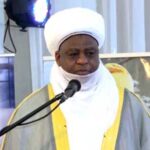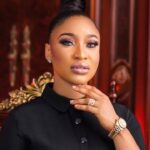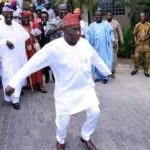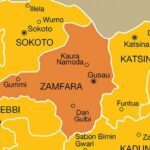A peep into the history of the Gwandara – an ethnic group spread across northern states in Nigeria, but majorly found in Nasarawa and the FCT, reveals that they are descendants of the aboriginal Hausa tribe referred to as Habe of the pre-Islamic times.
The Gwandara are believed to be the descendants of Barbushe and the original inhabitants of Kano before the Bagauda descendants arrived Kano.
- You risk losing your crops to drought, NiMet warns farmers preparing to plant
- Nigeria lost $5.7bn to assets leasing, concessioning – Reps
According to a Gwandara youth, “The group now referred to as Gwandara were idol worshippers, alongside their kith and kin – the Hausas. The Bori cult worshipped the spirits of Tsumburbura on top of the Dala hills in Kano. It was an annual festival that comes before the rains, involving dancing around the Dala hills for seven days.
“According to historical records, during the reign of Muhammadu Rumfa (1463-1499), Islam was introduced into the courts of Kano. King Rumfa, determined to root out all pagan practices, came into conflict with his son – Prince Karshi, who did not accept Islam, but preferred the religion of his forefathers which was the worship of Tsumburbura.
“He migrated from Kano in the year 1476, as a result of their refusal to embrace Islam, and rather stuck with their old system of worship which included dancing. They were therefore referred to as “Gwanda-Rawa da Sallah” which means “Those who prefer dancing to prayers” thus shortened to Gwandara. This became the name of the ethnic group,” he said.
According to S. O. Ayih (2003,2012 and 2013) who wrote extensively on the history of Gwandara, there were over 100 Gwandara towns and villages in Nigeria and they cut across Nasarawa, Kaduna, Niger, FCT, Kogi, Plateau, Taraba and Benue states.
According to Barr M. T. Alakayi, a commissioner at the Federal Character Commission, “In Plateau State, the Gwandara are referred to as Abakwa Riga. They are in Kanke Local Government Area, believed to have settled earlier than other ethnic groups.
He added that the language of the Gwandara people is reminiscent of their Hausa origin.
“It is uniquely another variance of Hausa, influenced by time and the environment they settled. It is particularly a non-Arabic influenced Hausa, Gwandara words such as Koshiya, Sakata, Adaka, Burgami, Giwa and so on, buttress this Hausa root,” he added.
But Gwandara have also borrowed from the cultures of their neighbours.
The Gwandara political system is similar to the early Hausa-City states. Each settlement has a leader either called Sarki, Sangari, Whurki or Seleki, with hierarchical structure made up of title holders.
The Gwandara engaged in farming, hunting, dyeing, blacksmithing and weaving but western education and technological advancement have seen many abandon these professions.
However, to preserve their culture, Gwandara Development Educational and Cultural Association (GWADECA) sprung up from Gwandara Youth Club (GYC) which was formed in Kaduna in 1970.
The founding fathers were late Alh. Muhammad Danladi Yakubu, a former Deputy Governor of Plateau State, Alh Usman Sabo Ago, among others.
Prominent among Gwandara sons is the immediate past Governor of Nasarawa State and now serving senator representing Nasarawa South, Dr Umaru Tanko Almakura, who would be turbaned at the GWADECA National Festival holding on March 27, 2021, with Emir of Kano Aminu Ado Bayero as Royal Father of the day.
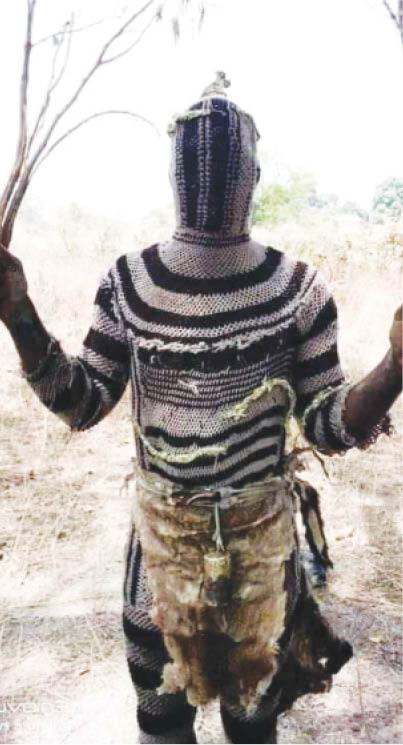
 Join Daily Trust WhatsApp Community For Quick Access To News and Happenings Around You.
Join Daily Trust WhatsApp Community For Quick Access To News and Happenings Around You.